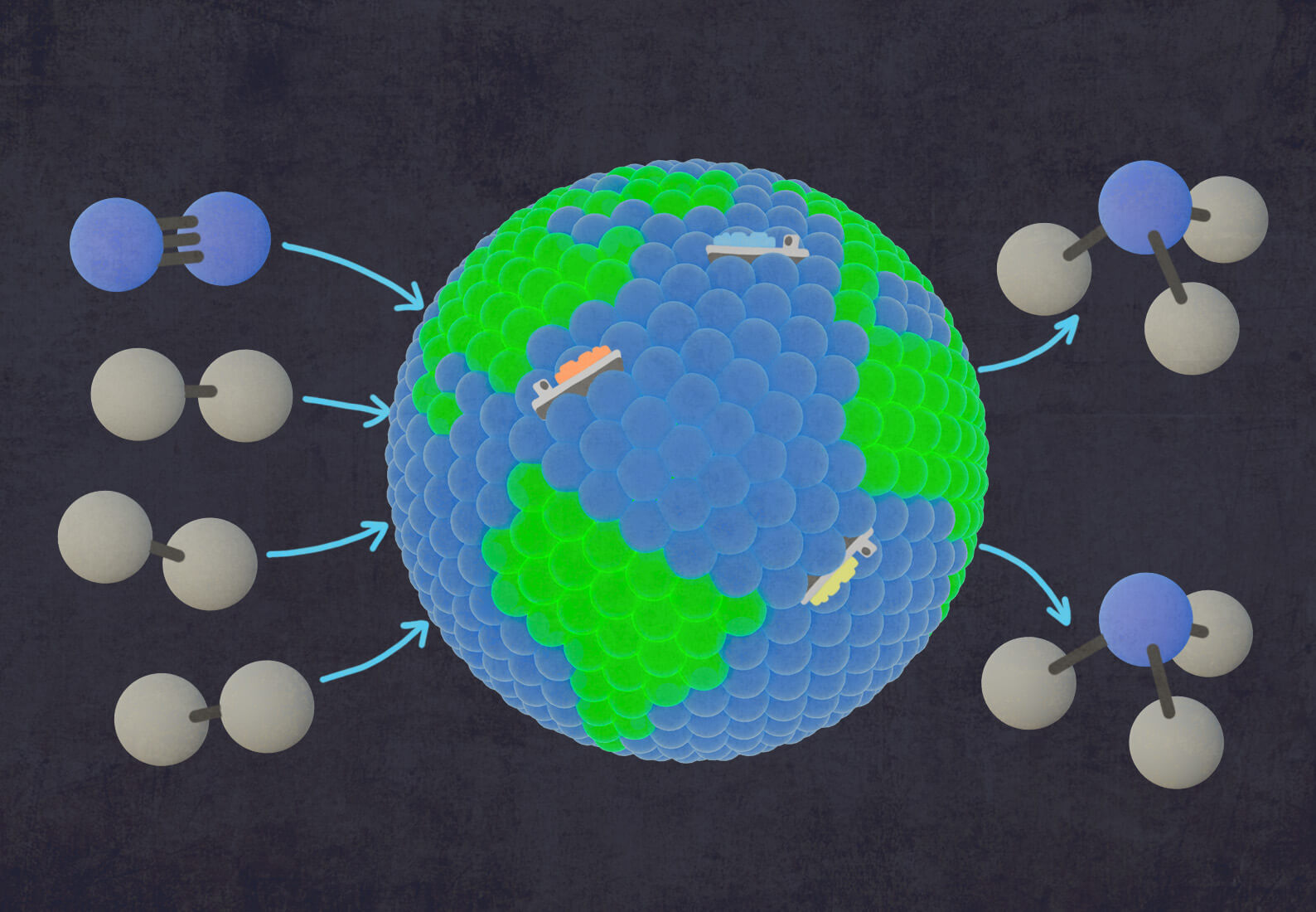Many of our most pressing engineering challenges, from renewable energy grids to green transportation, rely on selection or design of the right materials. Historically, materials discovery, production, and product engineering teams have largely operated independently, with a small degree of knowledge exchange through top-down, product-driven material requirements and bottom-up material selection. This lack of integrated collaboration among teams has been one of the key limitations in bringing new materials into commercial products. Ansys and Schrödinger are working to change that through a new partnership to address material-to-system challenges.
Leading scientific agencies, including NASA, have long recognized that accelerating advancements in new engineering technologies will call for rapid material identification integrated with product development. This would require the engineering community to move from its currently siloed, trial-and-error approach in designing materials and systems to a more integrated strategy that heavily leverages computational simulation platforms.
This new approach is known as integrated computational material engineering (ICME), which describes a wide range of solutions and products that are necessary to enable a transformation in materials design. Ansys and Schrödinger are developing a new ICME framework that integrates virtual materials discovery into the early stages of design, allowing for the identification of suitable materials prior to the start of manufacturing.
Schrödinger has provided solutions for predictive chemical discovery, optimization, and analytics for over three decades. Applied to materials science, this expertise brings the vision of ICME closer to reality for a range of technologies, including next generation batteries, consumer products, electronics, and transportation. The collaboration provides cutting-edge computational solutions to enable sustainable materials-driven products, screening a large spectrum of materials, predictive material performance for in-service conditions, and materials-to-products circularity.
As an initial validation of the combined value of the partnership, Ansys and Schrödinger have developed a solution for predictive performance of fiber reinforced composites, which are widely employed across aerospace and defense, automotive, and energy companies. The study demonstrates predictive materials screening and selection for polymer resins under different conditions for performance optimization. The resin properties are upscaled through a hierarchical multiscale modeling framework to evaluate material variabilities and key structure-property relationships. Finally, the resin properties are upscaled once more into composite laminate applied to an intended part or product.
By combining molecular modeling, numerical homogenization, and finite element analysis methods, engineers can predict the effective properties of composites from length scales ranging from molecular dynamics (MD) to structural analysis. This integrated approach significantly reduces design time and cost while improving the accuracy of material characterization.
This new methodology enables virtual screening of chemistries, evaluation of various design parameters, and a deeper understanding of variations in material properties. Benefits include reduced cost, accelerated development, improved design accuracy, and the ability to prototype and optimize products more efficiently. The collaboration between Schrödinger and Ansys enables the development and implementation of this multiscale modeling framework, allowing product development teams to achieve a new level of design optimization via simulation at the nano, micro, and macro scales applicable to diverse industries.













